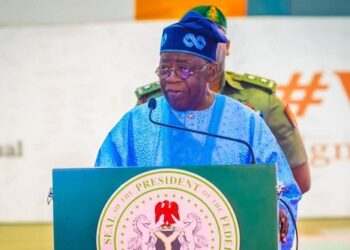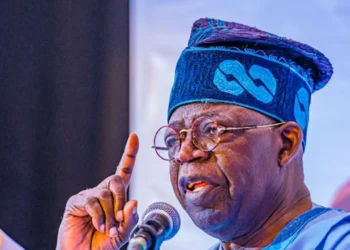
Nigeria’s commercial capital Lagos faces a water crisis that is creating unacceptable conditions for millions of people, a U.N. expert said on Thursday, but an official in the megacity said spending was being increased to alleviate the problem.
This has been compounded by years of mismanagement, said Léo Heller, the U.N. special rapporteur on the human rights to water and sanitation, after Lagos’s state governor presented a proposed budget for 2017 to the Lagos House Assembly.
“Government reports indicate alarmingly high deficits in the sector, representing clearly unacceptable conditions for millions of the megacity’s residents,” a U.N. statement quoted Heller as saying.
More funding could be used to improve the state utility provider, adopt financing schemes and reduce water losses, he said.
Reacting to the comments, Steve Ayorinde, Lagos state information commissioner, said the 2017 budget increased spending with the aim of addressing the two key issues of potable water and cleaner environment.
But he said the migration of people from other parts of Nigeria and neighbouring countries had put pressure on the city’s infrastructure.
“Private capital is required in the state government’s quest to provide more access to potable water,” he said, adding that Lagos state government was “determined to explore” public-private partnerships.
Lagos is the biggest city in Africa’s most populous nation.
Despite having Africa’s largest economy, Nigeria has one of the highest child death rates from water-borne diseases in Africa. It has sought international development help to finance new water treatment plants and expand its distribution networks.
As a result of the creaky public water system, many residents rely on private water suppliers, or bore into pipes themselves. Damaged pipes leak millions of gallons of treated water, about one-quarter of the supplies meant for homes, schools, hospitals and industry.
Water rights activists, labour unions and environmentalists blame the failure on the endemic corruption that permeates so much of Nigeria, which ranks in the bottom fifth on Transparency International’s Corruption Perception Index.










